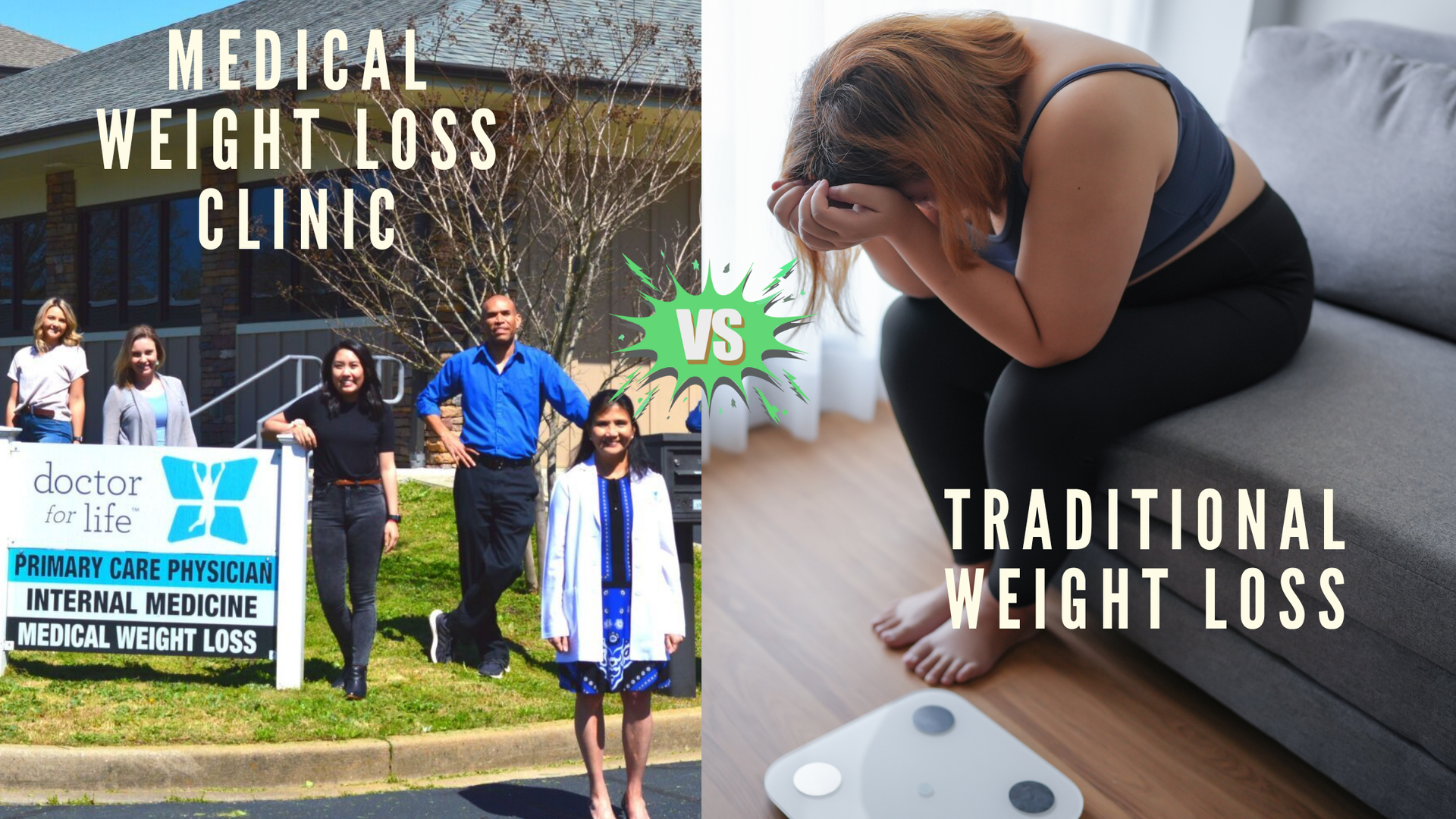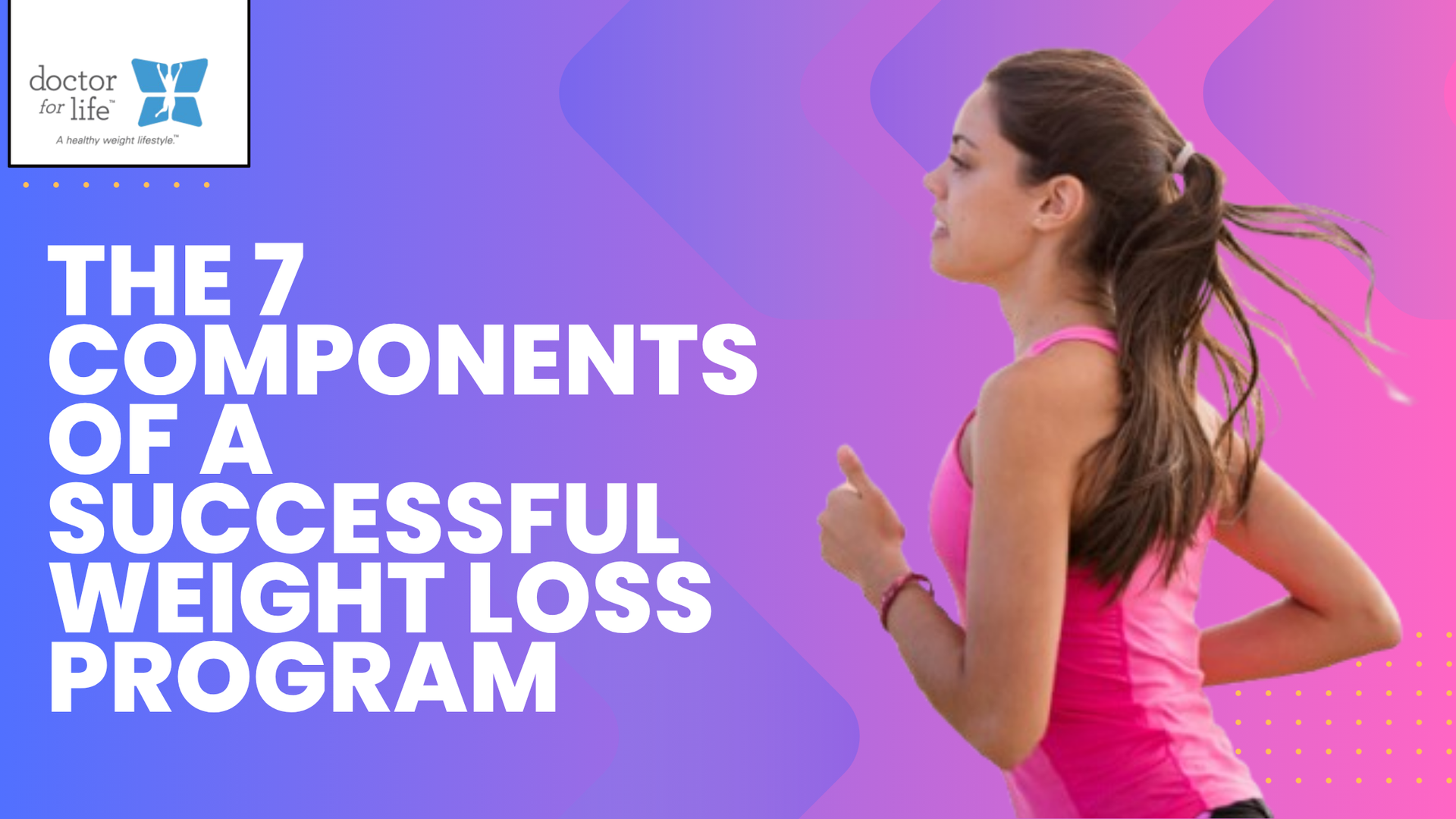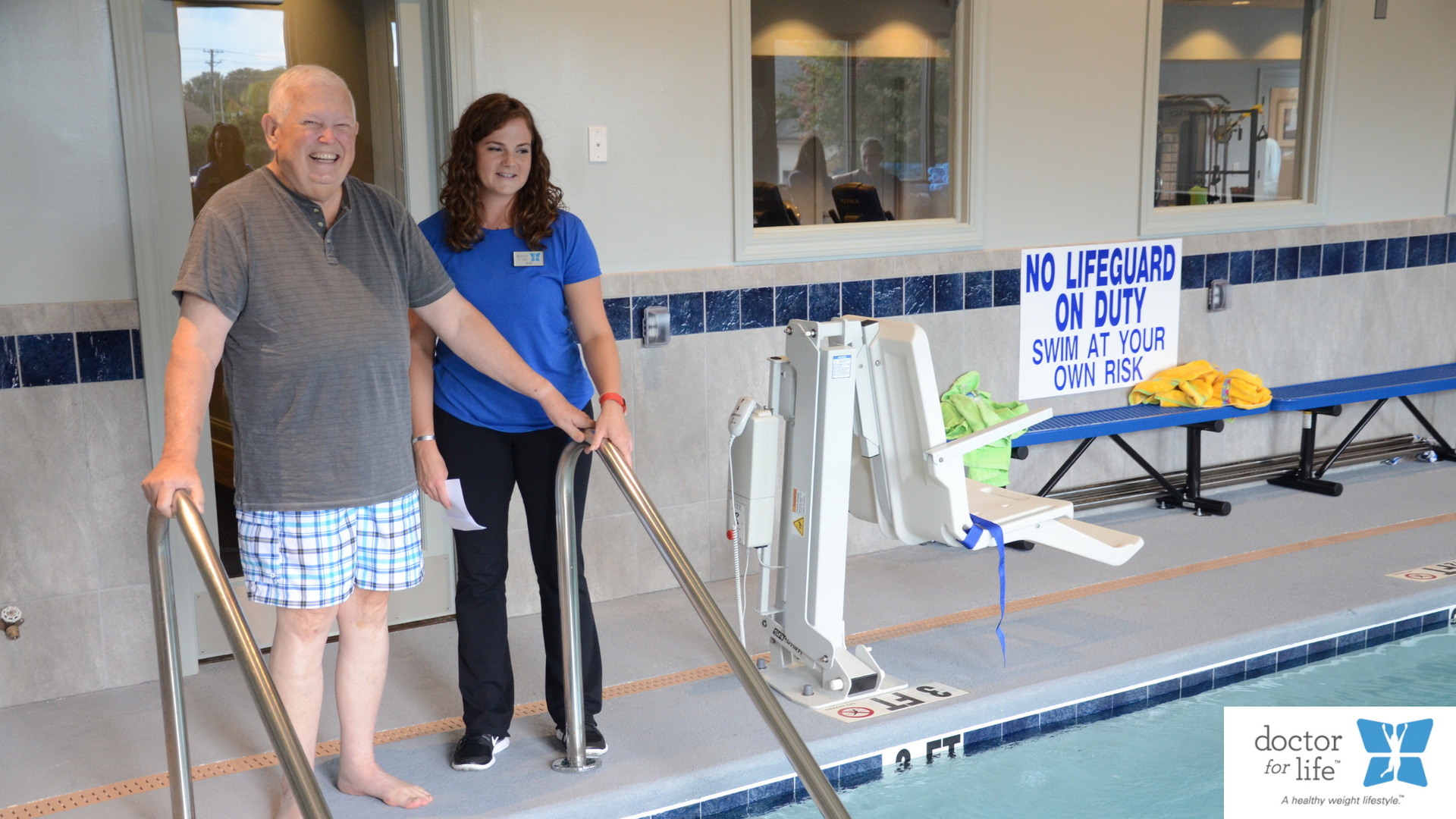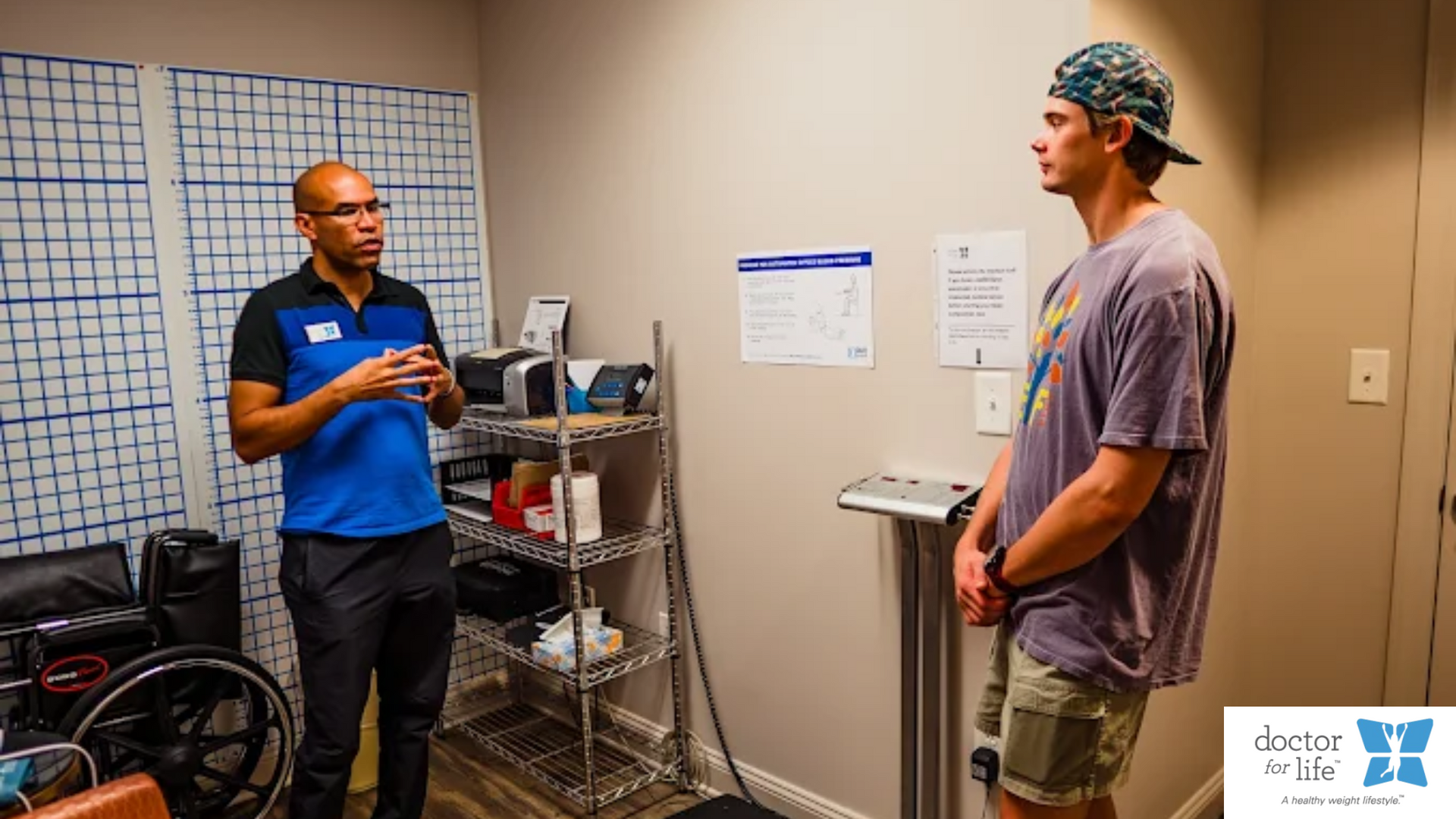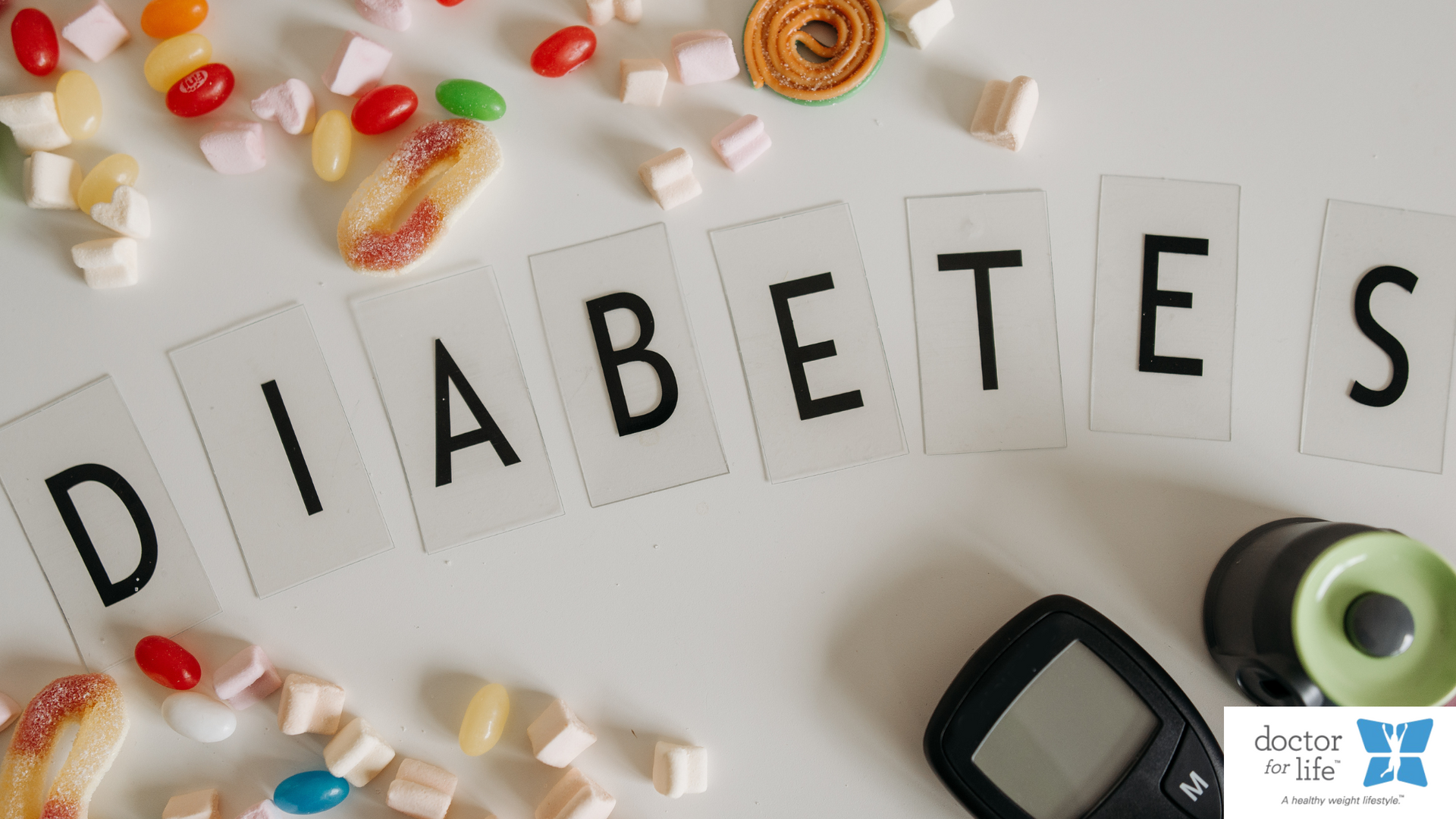Physical Health
Cheryl Sarmiento, MD • July 31, 2021
THE LONG TERM EFFECTS OF PHYSICAL ACTIVITY IN THE BRAIN

Simply moving your body, has immediate, long-lasting and protective benefits for your brain. Any forms of Physical activity can improve your mood and your focus. It protects your brain from different conditions like depression and dementia. Exercise is a great mood and energy booster, gives you better memory, better attention, it clears up your mind and a good detox of the brain.
HOW THE BRAIN WORKS:
The prefrontal cortex is critical for things like decision-making, focus, attention and our personality. While deep in the temporal lobe is a key structure critical for our ability to form and retain new long-term memories for facts and events. This structure is called the hippocampus.
Whether it be happy event that lasts just a moment, say, a sunset or your first kiss, or the moment your first child was born, can form a memory that changed your brain, that will lasts an entire lifetime. Similarly, a bad situation like the entire pandemic where our social life is non existent, we spent our time indoors, doing a lot of passive, non productive activities such as social media, technology, desk work, indoor tasks. Most had gained pounds, on top of that some are miserable, lonely, depressed. The brain need a jumpstart from time to time for a passive brain is a non productive brain.
EXERCISE IS THE MOST TRANSFORMATIVE THING YOU CAN DO FOR YOUR BRAIN:
1. It has immediate effects on your brain. It will immediately increase levels of neurotransmitters like dopamine, serotonin and noradrenaline. These increases your mood right after that workout that will last for at least two hours. A single workout will improve your reaction times. But these immediate effects are transient. To get the long lasting effects, is to change your exercise regime, increase your cardiorespiratory function. It’s because exercise actually changes the brain's anatomy, physiology and function. Exercise produces brand new brain cells, that will increase its volume, and improve your long-term memory.
2. It improved attention function. You not only get better focus and attention, but the volume of the hippocampus increases as well. And finally, you not only get immediate effects of mood with exercise but you get long-lasting increases in those good mood neurotransmitters.
3. It has a protective effect on your brain. Here you can think about the brain like a muscle. The more you're working out, the bigger and stronger your hippocampus and prefrontal cortex gets. Why is that important? Because these two areas that are most susceptible to neurodegenerative diseases and normal cognitive decline in aging. So with increased exercise over your lifetime, it slows down the process of aging and takes longer for these Alzheimer Dementia to actually have an effect.
NON-EXERCISE ACTIVITY THERMOGENESIS:
NEAT is the energy expended for everything we do that is not sleeping, eating or sports-like exercise. You don't have to become a triathlete to get these effects. The rule of thumb is you want to get three to four times a week exercise, minimum 30 minutes per session, and you want to get aerobic exercise in. That is, get your heart rate up. And the good news is, there’s no need to get a very expensive gym membership. Add an extra walk around the block in your power walk. You see stairs -- take stairs. And power-vacuuming can be as good as the aerobics class that you were going to take at the gym.
Bringing exercise in your life will not only give you a happier, more protective life, but it will protect your brain from incurable diseases. And in this way it will change the trajectory of your life for the better.
BEYOND THE BRAIN, UNTO THE BODY
1. Improves quality of life for people with cancer and lower the risk of dying from breast, colorectal and prostate cancer
2. Lowers risk of chronic diseases and dying from it e.g heart problems, high blood pressure, breathing problems, allergies, diabetes and obesity.
3. Help control your weight
4. Help you quit smoking
5. Improve your mental health and mood
6. Help keep your thinking, learning and judgment skills sharp as you age
7. Strengthen your bones and muscles
8. Improve your sleep
9. Reduce your risk of falls
10. Improve your sexual health
11. Increase your chances of living longer
12. Increases vitality and endurance
Resource: Wendy Suzuki, PhD in Neuroscience

